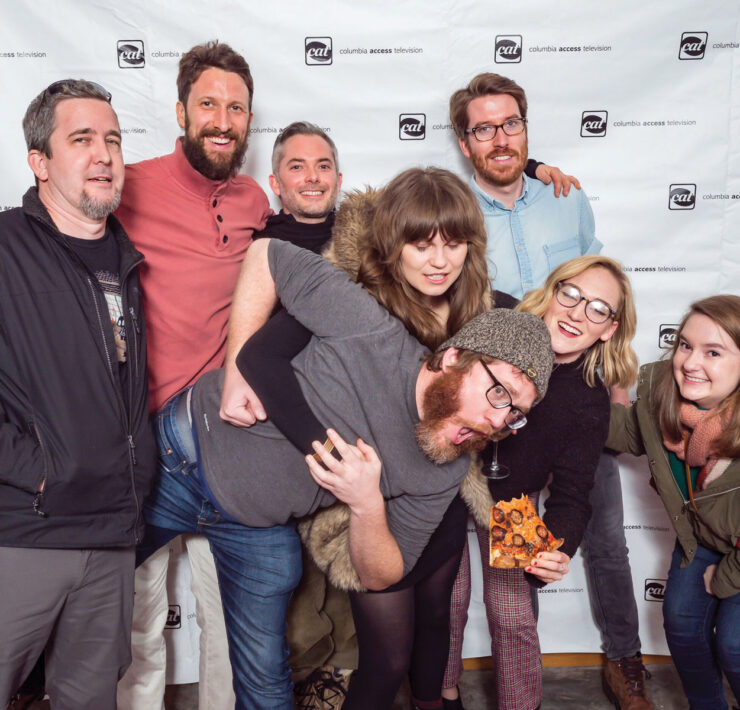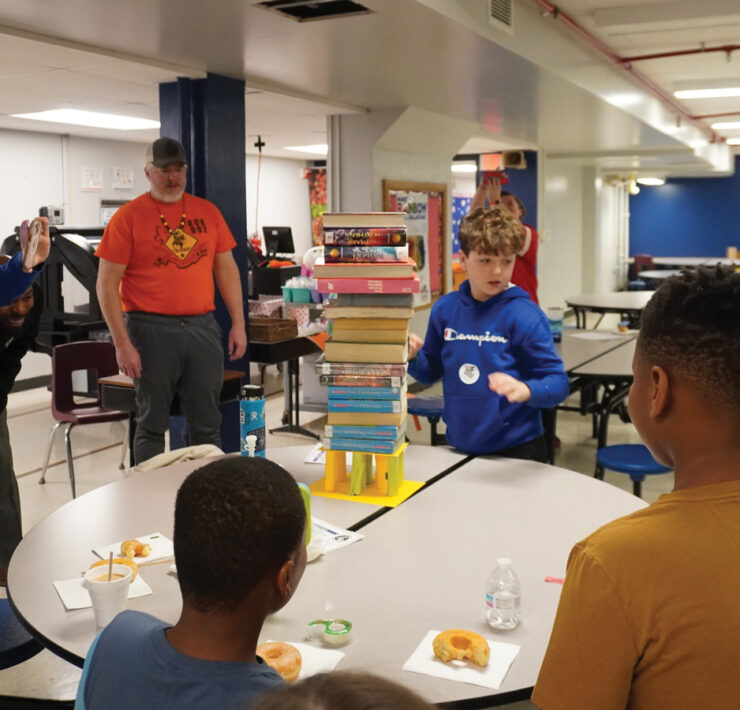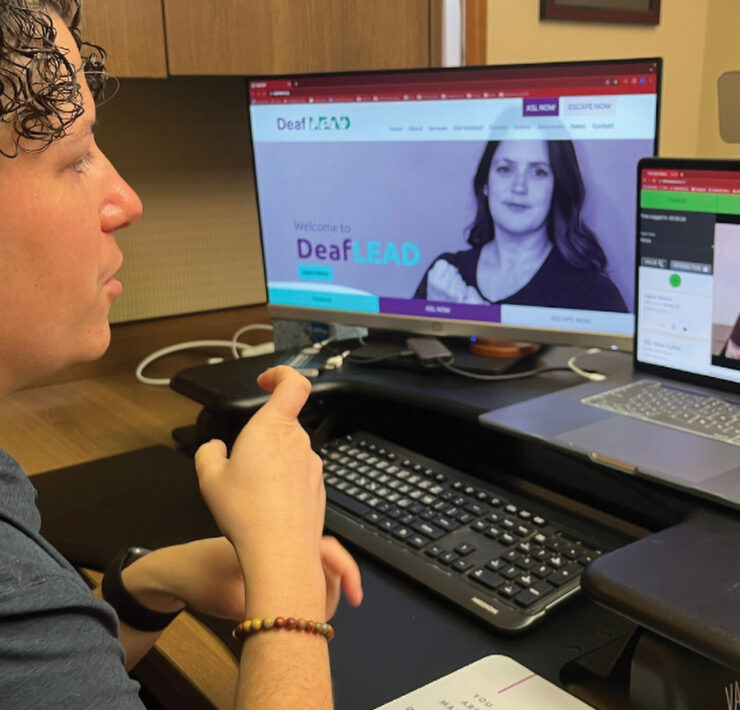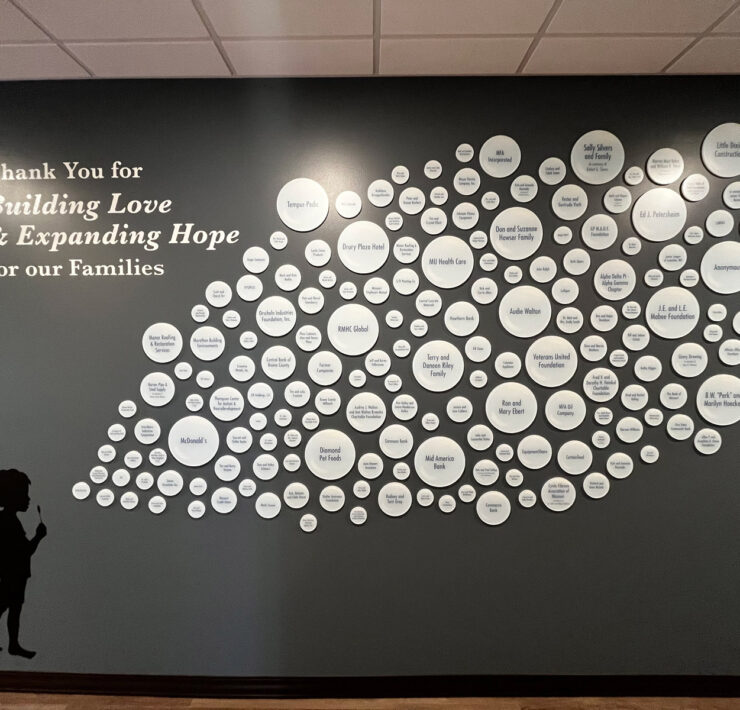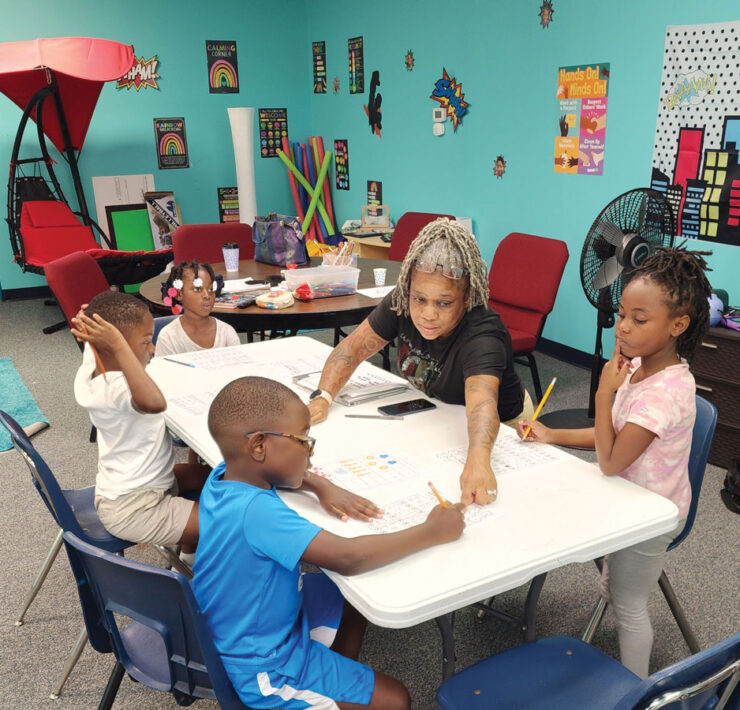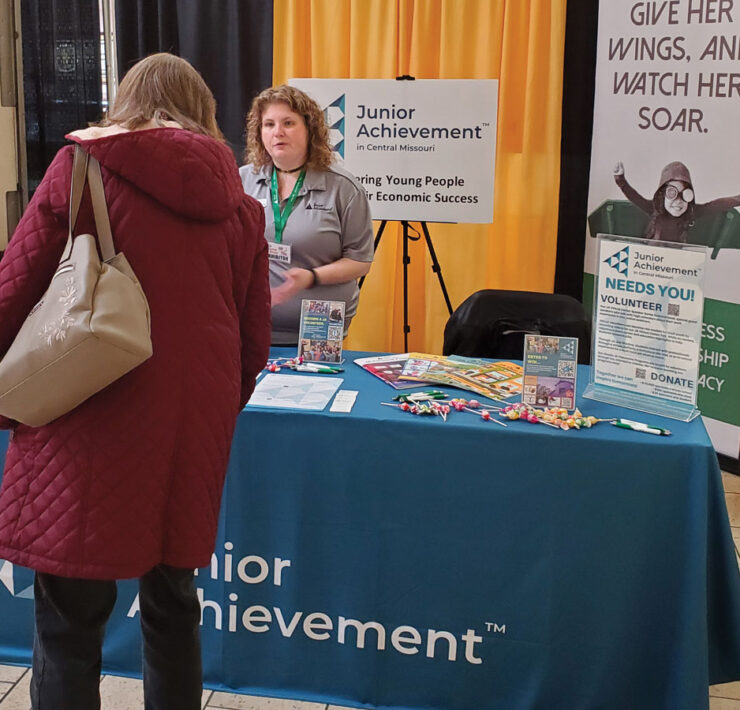Preparing Students for the Workplace

Junior Achievement in Central Missouri partners with local business professionals to introduce students to potential careers and entrepreneurship opportunities.
Helping K-12 students understand how education is significant to the workplace is at the heart of what Junior Achievement does. The national education nonprofit, which celebrates its 100th anniversary this year, brings local business people into public schools to teach students about entrepreneurship, financial literacy, and workplace readiness.
Junior Achievement has 107 chapters across all 50 states, including Junior Achievement in Central Missouri, which formed in Columbia in 2003. The chapter serves 12 Mid-Missouri counties and reaches thousands of students each year.
“Junior Achievement exposes kids to different jobs and career activities at a young age that they otherwise might not be exposed to,” explains Ellen Drummond, district manager for JA in Central Missouri, which is affiliated with JA of Greater St. Louis. “It opens their eyes to possibility and helps them see how important small businesses are to the local economy, especially in our smaller communities.”
A Tailored Approach
With a well-documented dearth of skilled workers in the labor force, exposing students early and often to workplace readiness education perhaps is more important now than ever: According to JA USA statistics, nearly half of U.S. employers have indicated that shortages in skilled workers have negatively impacted their businesses, and 91 percent of millennials wish they had greater access to entrepreneurial education programs.
With the goal of changing these trends, JA comprises 24 programs tailored to each grade level. The programs integrate into schools’ existing core curricula and often are folded into social studies courses. Part of what makes the JA model impactful is that each program is taught by volunteers from the local business community. Part of Drummond’s job is to recruit these volunteers and help them prepare for administering the program, often taught once a week for five weeks. Volunteers are given a lesson plan to follow and are encouraged to draw from their own experiences.
“The lesson plan materials are laid out very well. [Volunteers] get a lesson plan booklet, and there are online resources. I also like to meet with volunteers briefly to walk them through the program,” Drummond says. “We are always in need of volunteers. We have about 100 so far this year.”
Elementary students are introduced to basic concepts like wants and needs, decision-making, saving money, taxes, and the value of work. Middle schoolers build upon the elementary programs by learning about budgeting, advertising, the global marketplace, career planning, and high-growth jobs, including those in STEM fields.
High school students are taught more advanced topics, such as how microeconomics and macroeconomics affect business decisions and how to identify needs in their community that could be addressed by entrepreneurship. They also learn real-world life skills like resume writing, job interview techniques, and financial planning.
An Interactive Experience
Each program is interactive, giving students time to practice what they’ve learned. Fourth grade students, for example, have the opportunity to run a virtual hot dog stand to understand the fundamentals of running a business. Middle schoolers go on a scavenger hunt to learn about job hunting, and high school students get to operate a virtual company through online simulations.
“The kids are learning to do something with hands-on activities,” says Drummond. “The whole idea is that students are introduced to a concept and learn about it by doing it.”
Hands-on learning also happens outside of the classroom, giving students more opportunities to apply what they’ve learned in the classroom.
“JA BizTown is a capstone program in which fifth grade students travel to Junior Achievement of Greater St. Louis to participate in a real-world simulation that allows them to operate a [simulated] city for the day,” Drummond explains. “They are assigned jobs and work in one of 17 businesses. They even elect a mayor and have an IRS agent and an election commissioner. All fifth graders in Columbia Public Schools will be attending JA BizTown in the next three years.”
High schoolers have a similar opportunity by participating in the JA Finance Park program, in which they are assigned a life scenario with a family, a job, and a salary — much like in the popular board game “Life.” Based on their scenario, students have to make financial decisions that most adults encounter at some point. This past fall, a group of Douglass High School students participated in JA Finance Park, which was sponsored by Missouri Employers Mutual.
A Growing Program
“Our goal is to reach 9,000 to 11,000 students this year,” Drummond says, which is an increase from the 7,500 students reached during the 2017-2018 school year. “Columbia, Hallsville, and Centralia Public Schools will be utilizing our programs for summer school, as well.”
JA USA uses third-party evaluators to gauge the effectiveness of their programs nationally, and overall, JA participants at all grade levels show an increased understanding of the skills they will need to succeed in the workplace and in life. Drummond feels that success can be found at the local level, too.
“I run into parents and students who remember their JA classes and how great an experience it was,” says Drummond, adding that even some of the parents indicated learning something new when they attended the JA BizTown or Finance Park programs with their children. Drummond is excited about the growth of Junior Achievement in Central Missouri and feels it will continue to greatly benefit more and more students in the coming years.
“It’s about getting kids to think about being responsible and giving back to their community,” she says. “It’s a community builder, too.”
Junior Achievement in Central Missouri
2501A Bernadette Dr.
573-353-3884
Junior Achievement in Central Missouri
Founded: 2003
Mission: Empowering young people to own their economic success.
Advisory board members
- Carla Blair-Gamblian
- Tami Ensor
- Mark Gingrich
- Jay MacLellan
- Ellen Dent
- Ryan Wiedmeyer
- Ryan Link
- Molly Delgado
- Paul Land
- Scott Zepp
- Heather Stewart
- Nancy Traylor
- Anne Williams
- Nicole Pagoada
- Aaron Emel
- Malcolm Bragg
- Julie Arnett
- Tonya Keith
- Debbie LaRue



